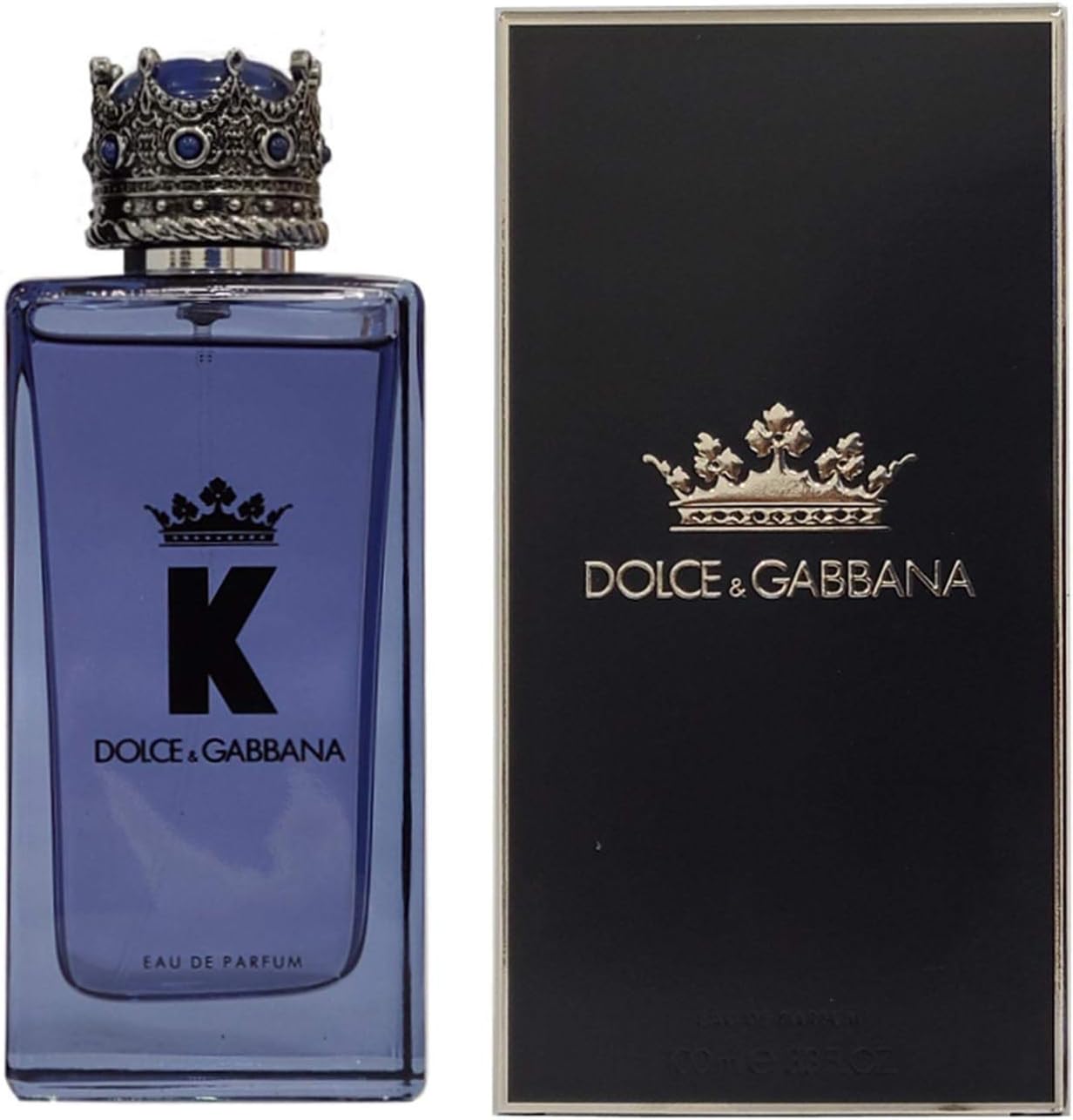
Dolce & Gabbana K Eau de Parfum, Fresh, 100 ml, (Pack of 1)
FREE Shipping
Dolce & Gabbana K Eau de Parfum, Fresh, 100 ml, (Pack of 1)
- Brand: Unbranded

Description
It comes in a 50ml and 100ml bottle, however I got this as part of a gift set, with a 100ml bottle along with a 75ml aftershave balm. This sits well with the other compliment getting fragrances such as Bleu De Chanel and Dior Sauvage, but has a personality of its own. Check out more of my fragrance reviews, where you’ll find 100s of different colognes and scents with reviews. Projection – The projection is pretty well, and can be smelled from a small distance without it being overbearing. It all blends together really nicely, in a kind of dark and mysterious way, without it being too dark.
K By Dolce And Gabbana Fragrance Review | Michael 84 K By Dolce And Gabbana Fragrance Review | Michael 84
It’s similar to the bottle they used in their anthology series of fragrances which were released several years back. Please let me know if you have featured me in your blog, magazine or publication and I will add your button. I got another new scent this past Christmas, and it’s K by Dolce and Gabbana which was released in the latter part of 2019. I think that this is a perfect fragrance for an evening, and would work best in Autumn or Winter, but could work in the other seasons on a night too.
- Fruugo ID: 258392218-563234582
- EAN: 764486781913
-
Sold by: Fruugo
